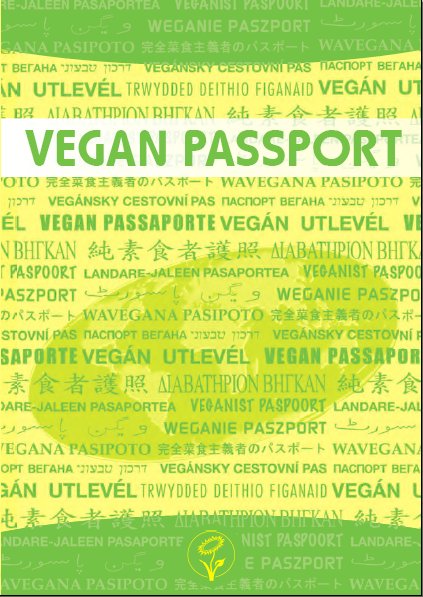When I first told my friends and family that I was going to follow a vegan diet, I was faced with questions like 'What about B12?'. I felt put on the spot and the underlying tone of the conversation made me doubt whether I had made the right decision. You see, I decided to go vegan after watching a video about dairy production. It was a decision based on emotion. I hadn't done any research but was adamant that I didn't want to go back to a vegetarian diet. Nevertheless, many would say that a decision based on emotion is a foolish one.
Everything has turned out just fine, but I wouldn't want a 'new' vegan to be experience what I did; so I'm sharing the following information, which is from the Vegan Society.
Once you have got your head around what you need to know; any conversation about what you should or should not consume will hopefully be plain sailing.
The Vegan Society has published the following information about Vitamin B12: -
Very low B12 intakes can cause anaemia and nervous system damage.
The only reliable vegan sources of B12 are foods fortified with B12 (including some plant milks, some soy products and some breakfast cereals) and B12 supplements.
Vitamin B12, whether in supplements, fortified foods, or animal products, comes from micro-organisms.
Most vegans consume enough B12 to avoid anaemia and nervous system damage, but many do not get enough to minimise potential risk of heart disease or pregnancy complications.
To get the full benefit of a vegan diet, vegans should do one of the following:
eat fortified foods two or three times a day to get at least three micrograms (μg or mcg) of B12 a day or
take one B12 supplement daily providing at least 10 micrograms or
take a weekly B12 supplement providing at least 2000 micrograms.
If relying on fortified foods check the labels carefully to make sure you are getting enough B12. For example, if a fortified plant milk contains 1 microgram of B12 per serving then consuming three servings a day will provide adequate vitamin B12. Others may find the use of B12 supplements more convenient and economical.
The less frequently you obtain B12 the more B12 you need to take, as B12 is best absorbed in small amounts. The recommendations above take full account of this. There is no harm in exceeding the recommended amounts or combining more than one option.
To be honest, I don't analyse my food and intake so thoroughly but I am fairly good at 'reading' my body and I also, request a blood test once a year. So far, my B12, Vitamin D, Calcium and Iron levels have been good or better than 'normal'.


